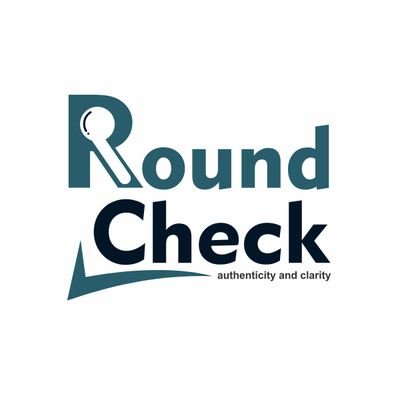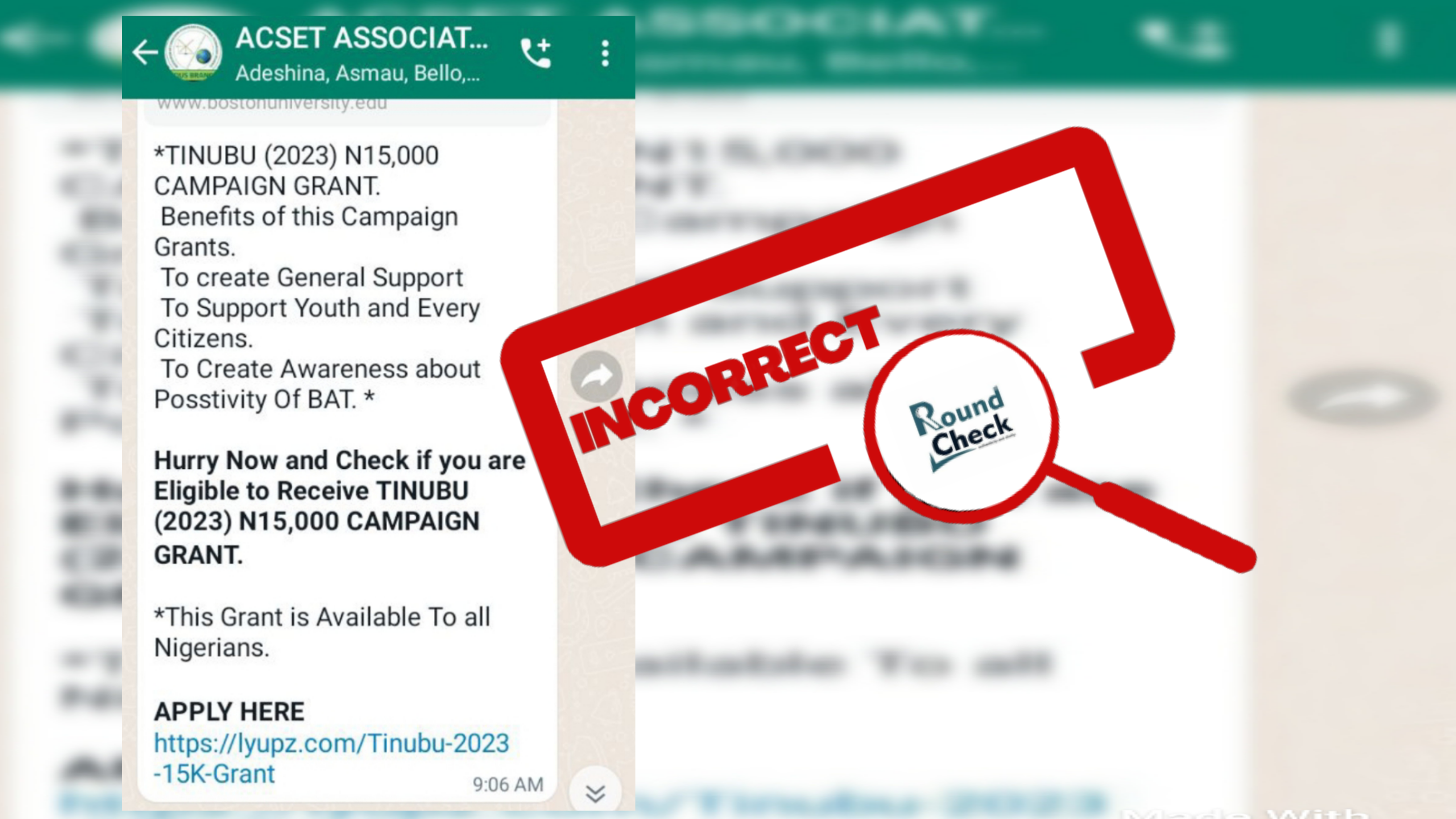|
Getting your Trinity Audio player ready...
|
Experts from various Factchecking platforms have trained Roundcheck members on Effective Fact-Checking. The two days Training tagged Factchecking the news which was held online started on the 14th of August and ended the next day
Roundcheck is a new independent Fact-Checking platform managed by Caleb Ijioma and led by Ikulajolu Adesola.
The facilitators emphasized on the need to effectively Fact-Check information and News knowing full well of the effect fake news have in the world.
The Roundcheck Lead, Adesola Ikulajolu, advised Roundcheck members to be vigilant and not to pay attention to stories that has no impact on the people.
“When you want to Fact-Check a story, You must check the importance of such stories. Fact-Checkers should be vigilant not to pay attention to stories that has no impact on the people.”
“Fake News is a problem for both the Educated and Uneducated. It is everywhere, as a matter of fact, Fake News is an instrument to destroy the truth” he said
The Executive Director of Peoplescheck, Quadri Sultan, also positioned that Fact-Checkers need to be skeptical and avoid any form of mistake when when Factchecking claims
“To be a good fact-checker you must be very skeptical and you must ensure due diligence in all you do, as little or no mistake is expected from you. A story believe by most people shouldn’t be believed by you. You have to be skeptical and be careful of what you believe”
Adejumo Kabir, Fact-Checker at Dubawa advised social media users to always Fact-check claims before Sharing
“Fake news is often understood by many readers as “real news”, especially when it comes from reputable or state-owned media organisations”
“Fake news sometimes occurs in credible media outfits due to defective journalism, lack of proper editorial assignment and pressures to break news. However, when errors occur from a credible media outfit, they are quickly rectified, but if not, the use of the epithet “fake” for such an organisation is justified”
“News editors, journalists and social media users should always endeavour to undertake fact-checks before publishing or re-posting news items, opinions and jokes that they encounter in their social media interactions” he said







